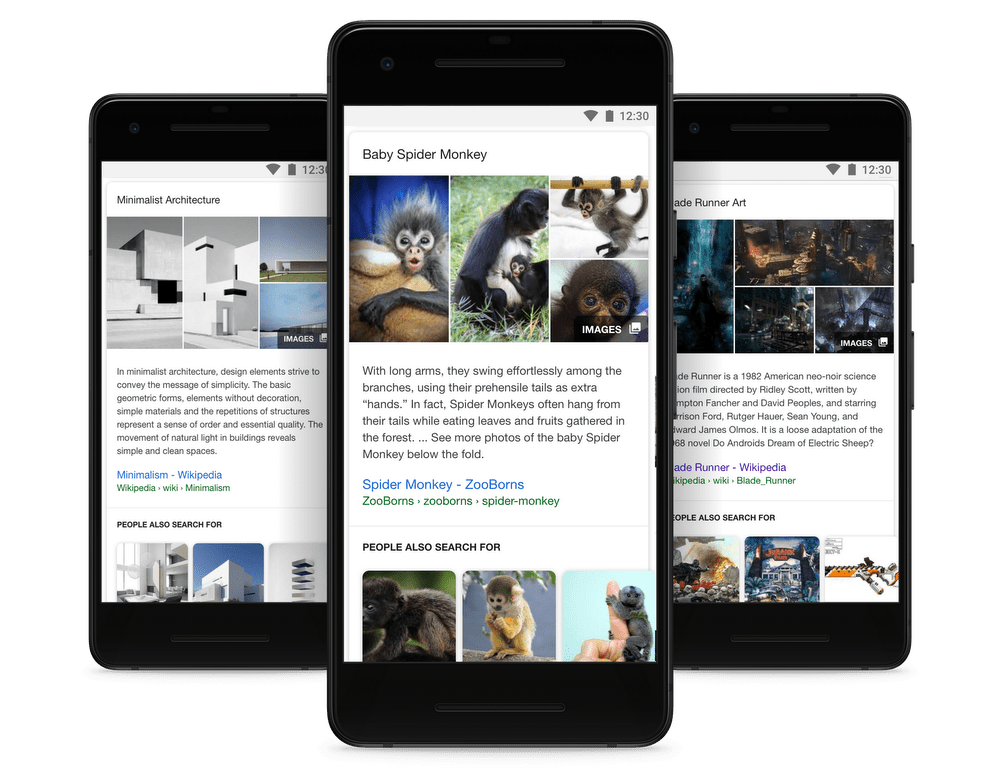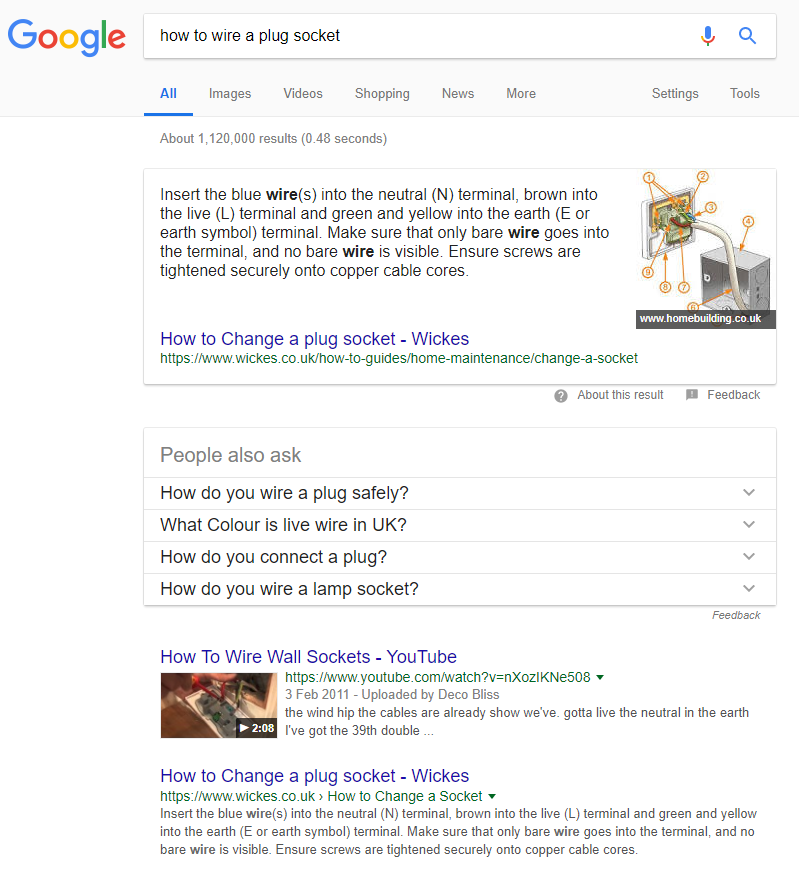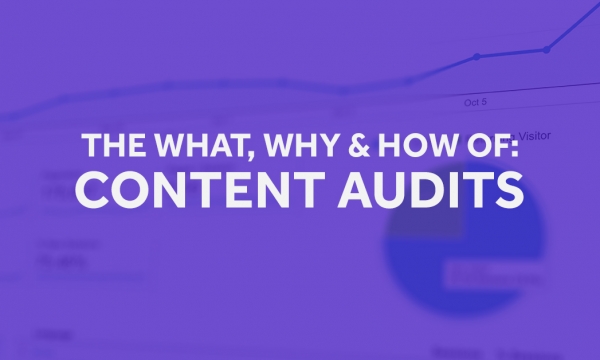As Google starts answering more and more questions on your behalf, brands need to think carefully about the questions that they can actually answer if they want to stay relevant in organic search.
Google’s recent tweaks to its search results pages have made getting the right answer from queries simpler than ever for users. Ask ‘how old is David Hasselhoff’, for example, and – voila! – Google has saved you the trouble of a search by providing the information instantaneously. If you use Chrome, the answer will even appear in the suggested searches.

That might be a real convenience but it's one one that’s also to the detriment of every content provider out there.
The rising number of zero-click searches has changed the way we use search engines to get information. Where before a quick scan of the top-ranking pages on the results page may still have proffered the answer, Google has now taken the decision to present ages, figures and stats within its own featured snippets.
Good news if you want the weather forecast, bad news if you consider your website the number one publication on all things Hoff. With fewer precious opportunities to bring inquisitive traffic to your site, you’re now facing fewer solid leads. Organic click-through rates (CTR) on mobile shrank from 45% in 2016 to 36.7% in 2018, in favour of paid and zero-click.
Now that Google has siphoned off an upper level of your authority on a given topic, how can you ensure readers get the benefit of your product or service?
It’s all about what you know, and how you display it.
Opportunity knocks
Google may now be able to dispense these little nuggets of knowledge at will, but if your brand can still effectively demonstrate the kind of knowledge that can’t be so easily summed up, there’s still an opportunity to share your wisdom atop the SERPs.

Search for the time in Tokyo, or even what the cheapest flights to Haneda Airport are, and Google will keenly provide some answers. But anything deeper and more detailed than that means they’ll need to defer to the experts – that’s you.
Featured snippets are your chance to answer users’ burning questions that are more complex than figures and facts. Informational content presents your best opportunity to identify user intent and create content that satisfies curious searchers.
If your content is deemed the best, most accurate answer for a more complex query, Google will mount the relevant information inside one of its featured snippets, along with an attribution via link.
Another opportunity exists in the ‘people also ask’ boxes further down the results page. Every click brings up more questions and answers that are thematically similar – these are more prime pieces of search real estate to make your brand or publication’s mark.
Ask (and answer) harder questions
Find out what your potential audience is asking and use in-depth keyword research and audience insight to define user intent. More importantly, don’t lean too heavily on the keywords that you’re losing clicks on – the reduction in traffic driven by certain keywords year on year is proof that Google’s nabbing your clicks. Scope out some alternatives.
Optimise on-page content using clusters of keywords – you don’t need separate pages for single questions and answers, so group topics thematically and create content that covers as many of those questions as possible in engaging and informative ways.
Match results with user intent, and stay focused – give short answers to niche questions or longer guides to general categories, and your site will build a reputation for freshness and consistency.
Displaying answers effectively
There are many ways your information can be displayed as a featured snippet. This is more out of necessity than design, as Google has already amply demonstrated its fondness for displaying simple information on its own terms.
But with bullet lists, video thumbnails and how-to guides becoming the norm in position zero, brands and publishers can still display their authority on more complex topics without aiming solely for keywords.

Optimise and mark up the most search-friendly information available on-site. Use schema and structured data to show Google where you’re the expert – think of it like you’re doing it a favour.
Time on site represents another signal to Google that you know your onions. Extend users’ visits with diverse, imaginative and engaging forms of content that will do more than answer a question – they’ll educate, inform and entertain.
Ultimately, your brand should be positioning itself as the authority on all things within its sphere. As a football fan, you may know the score of the 1966 World Cup Final. You’ve seen the goals, and you may even have listened to the commentary. But these are the smaller brush strokes that don’t paint the full picture. As a content provider, it’s your job to provide a fuller, richer context. Take these details and create the big picture around them – written articles, tactics discussion and interviews with the players. Shape your brand narrative around the facts you’re presenting and you’ll come away with a more immersive experience than a mere 120 minutes of football can possibly present.
Explore the opportunities that users are giving you just by searching for the vagaries around your areas of expertise. Understand what it is they’re looking to know, and create engaging, informative content that serves to tell them. While the zero-click game looks to be a permanent feature, rather than a bug, you can still find new readers by demonstrating your expertise. That’s not to mention the potentially significant boost to your site’s visibility made by some clever optimisation and editorial decisions. If your brand wants to be the answer, it needs to be the one asking the question.


